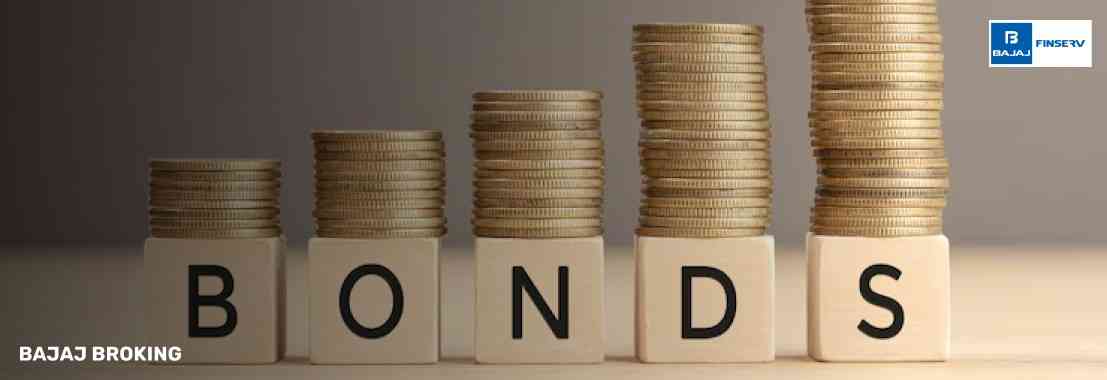I still remember the first time I came across the term social bond. Honestly, I thought it was some complicated Wall Street product dressed up with good intentions. Turns out, it’s much simpler. A social bond works almost like a regular bond: you put in your money, and after a certain period, you get a fixed return. The difference is in what your money does along the way.
Instead of funding corporate expansions or government budgets in general, these bonds funnel cash into projects with a social purpose. Affordable housing. Better hospitals. Schools that reach underserved communities. Job programmes for vulnerable groups. The basics of the bond are that the coupon rate, maturity, and face value don’t change. What changes is the impact. And that’s what makes them appealing.
Why Do Investors Choose Social Bonds?
Most of us want our money to do more than just sit and grow in a corner. With social bonds, your returns aren’t the only thing at work. Your money might be building classrooms, expanding healthcare facilities, or creating jobs. There’s a quiet pride in knowing your portfolio is contributing to society while still earning you interest.
Structurally, they’re easy to understand. Fixed interest. Clear repayment terms. Defined timelines. If you’ve seen regular bonds, these will look familiar. But there’s an extra layer of transparency. Issuers are required to disclose where the funds go. You can actually track the outcomes instead of hoping for the best.
And yes, they also help with diversification. Social bonds give you stable returns and measurable outcomes, which is rare in finance. Since many are backed by governments or large institutions, there’s also a system to monitor progress and effectiveness. That mix of security and purpose is hard to ignore.
How to Choose Social Bonds?
Picking the right social bond is not only about how much you’ll earn. It’s about who’s behind the bond and where your money is headed. For instance, a government or development bank with a good track record usually signals reliability.
Here’s what you should look at before deciding:
Check the issuer: Is it a government, development bank, or private firm? Check the history. It matters.
Review the framework: Issuers explain how they pick projects, use funds, and report progress. Alignment with ICMA principles adds credibility.
Examine the type of project: Is it healthcare, housing or education? When the desired outcomes are clearer, it’s much easier to measure impact.
Look for validation: A third party assessment or certification will assess how the funds were implemented.
Remember bond attributes: Coupon rate, terms to maturity, credit rating, liquidity and all the basic fundamentals still apply.
Additional Read: What is a Straight Bond?
Benefits of Investing in Social Bonds
Clear terms for money: Fixed interest rates, due dates, and cash value make planning easier.
Impact-oriented assets: You can get involved in projects like housing, schools, and hospitals that might not be high on your list of goals for investment if you went straight there.
Transparency: Issuers send you updates that tell you if your goals have been met.
Values alignment: It's nice when your investments are in line with your beliefs.
Helping communities: The money often gets to weaker groups, making life better at the local level.
Risks Associated with Social Bonds
Like any investment, social bonds aren’t risk-free.
Issuers may not be able to or may delay making returns. The state of their finances is important.
Risk in working on the project as the delays or bad work make the result less powerful.
If you sell bonds, they might lose value because interest rates could go down or the way people feel about the market could change.
You run the risk of not having enough cash on hand because there isn't much desire for immediate liquidation.
Focus on doing your homework. If you don't do your homework, you could be disappointed financially and socially.
Conclusion
It's easy to think of social bonds as debt securities with a social purpose. They work like regular bonds, but the money goes to good causes like housing, education, and health care. Credit, the market, and project delays are all real risks, which is why study and openness are so important. But if you pick the right ones, social bonds can help you get rich and do good things for the world. It is an investment that not only makes you money but also helps neighbourhoods.
Additional Read: What is Straight Bonds





